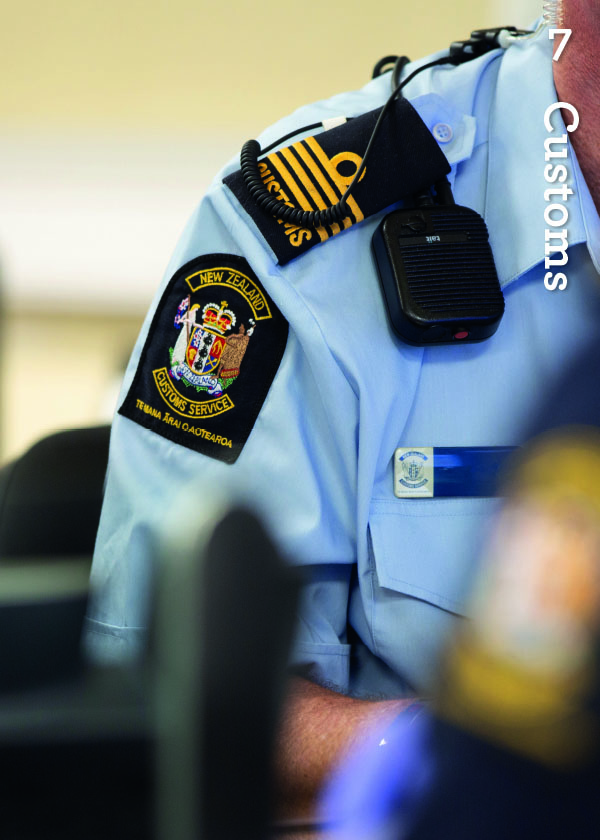By New Zealand Customs
The New Zealand Customs Service is responsible for protecting New Zealand’s border, ensuring secure and efficient trade and travel, and collecting revenue for the government. All the information you need is on our website, www.customs.govt.nz. You can also call us on 0800 4 CUSTOMS
(0800 428 786) or email [email protected]
The Working Tariff Document of New Zealand
The Working Tariff Document of New Zealand classifies all international trade goods and import duty rates, and outlines concession categories that reduce or waive duty. It includes the Excise and Excise-equivalent Duties Table, which classifies goods such as alcoholic beverages, tobacco products, and motor spirits, and prescribes the rates of excise or excise-equivalent duty to be paid when such goods are imported or manufactured in New Zealand. Chapter 98 of the Tariff also provides requirements for miscellaneous New Zealand Provisions.
If required, a tariff classification ruling can be obtained from Customs free of charge for exporters.
Preferential tariffs
Under New Zealand’s free trade agreements, preferential tariffs may apply to goods imported from specific countries if certain requirements are met. Preferential duty rates are claimed when the import entry is lodged with Customs.
The rules and workings can be quite complex. Unless a company has an employee who has been issued a declarant code, all commercial imports and exports are required to be submitted to Customs electronically via a customs broker, agent or freight forwarder.
Tariff concessions
Tariff concessions are generally approved for goods where no suitable alternative is produced or manufactured locally in New Zealand. Your customs broker should know when an exception is possible. Customs manages the application and approvals of new tariff concessions.
Certain classes of goods may be free from duty by way of a tariff concession. The classes of goods can be found in Part II (Concessions) of The Tariff of New Zealand. There is a comprehensive list of specific tariff chapters, headings, or items in the “Consolidated List of Approvals” Relating to Part II of the Tariff of New Zealand..
Lodging Entries
All imports, exports and the movement of goods clearances require an electronic lodgement to be submitted through the Trade Single Window (TSW) website or a third party service provider. Anyone making a submission through TSW needs to be a registered user. If you are lodging anything that requests clearance for goods, you must have a declarant code. If you are only lodging a report for the movement of goods, you will need a user code which will give very limited access.
Trade Single Window
You will need a RealMe login and register to be a Trade Single Window Online user, declarant code and UUI. The Trade Single Window online website www.tsw.govt.nz is generally more suitable for lower-volume users. A declarant code and UUI is only needed by those submitting declarations which grant the clearance of goods. Only limited access will be given for those who are only submitting reports disclosing the movement of goods.
This is an extract of the chapter. You can buy a print copy of the handbook here or a digital copy here

